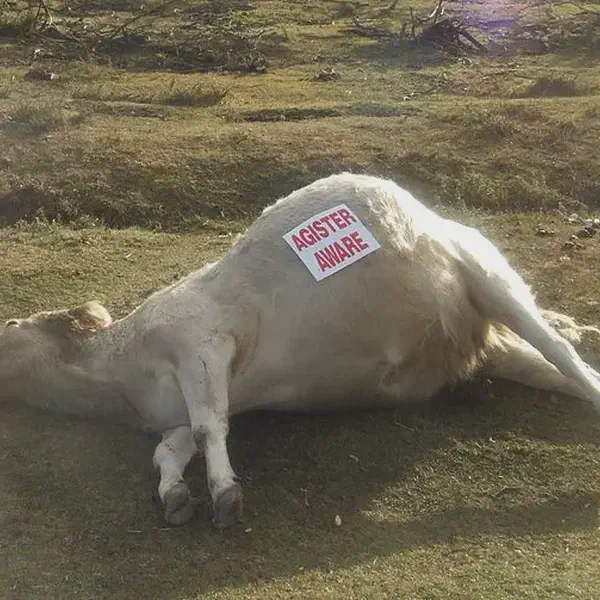
The Irish House of Commons Condemns Tithe of Agistment on Pasturage for Dry and Barren Cattle
March 18, 1736
The House of Commons of Ireland passes resolutions condemning the tithe of agistment on pasturage for dry and barren cattle.
Agistment originally referred specifically to the proceeds of pasturage in the king’s forests. To agist is, in English law, to take cattle to graze, in exchange for payment (derived, via Anglo-Norman agister, from the Old English giste, gite, a “lying place”).
Agistment originally referred specifically to the proceeds of pasturage in the king’s forests in England, but now means either:
- the contract for taking in and feeding horses or cattle on pasture land, for the consideration of a periodic payment of money;
- the profit derived from such pasturing.
Agistment involves a contract of bailment, and the bailee must take reasonable care of the animals entrusted to him; he is responsible for damages and injury which result from ordinary casualties, if it be proved that such might have been prevented by the exercise of great care. There is no lien on the cattle for the price of the agistment unless by express agreement.
Under the Agricultural Holdings Act of 1883, agisted cattle cannot be distrained on for rent if there be other sufficient distress to be found, and if such other distress be not found, and the cattle be distrained, the owner may redeem them on paying the price of their agistment. The tithe of agistment or “tithe of cattle and other produce of grass lands” was formally abolished in Great Britain by the Act of Union in 1707, on a motion submitted with a view to defeat that measure.
Agistment tithe continued in Ireland, but was opposed by landlords who had converted holdings from tillage to pasture, who secured a 1736 resolution of the House of Commons of Ireland opposing the levying of agistment tithe on “dry and barren cattle”. Although this was not enshrined in statute law until just before the Acts of Union 1800, nevertheless it provided sufficient cover for widespread refusal to pay.